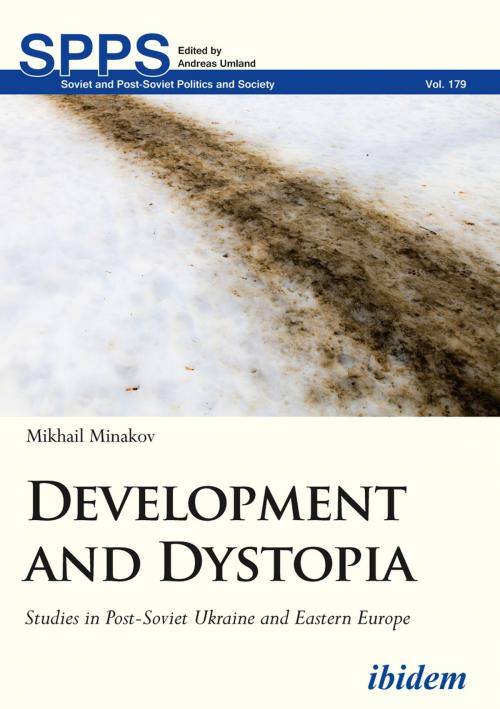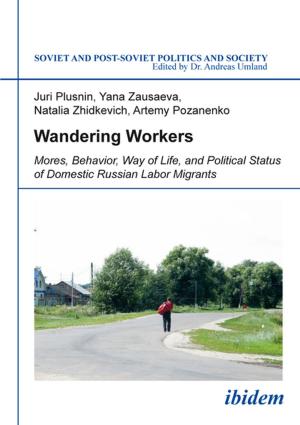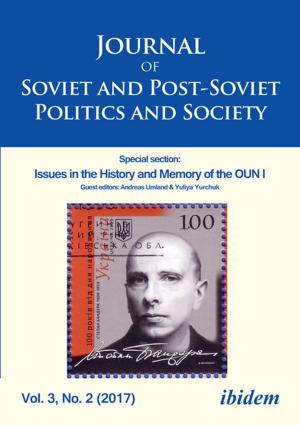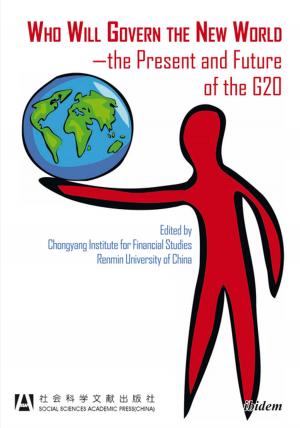Development and Dystopia
Studies in Post-Soviet Ukraine and Eastern Europe
Nonfiction, Social & Cultural Studies, Political Science, Government, Communism & Socialism| Author: | Mikhail Minakov | ISBN: | 9783838271125 |
| Publisher: | Ibidem Press | Publication: | March 27, 2018 |
| Imprint: | Ibidem Press | Language: | English |
| Author: | Mikhail Minakov |
| ISBN: | 9783838271125 |
| Publisher: | Ibidem Press |
| Publication: | March 27, 2018 |
| Imprint: | Ibidem Press |
| Language: | English |
This book dissects—from both philosophical and empirical viewpoints—the peculiar developmental challenges, geopolitical contexts, and dystopic stalemates that post-Soviet societies face during their transition to new political and cultural orders. The principal geographical focus of the essays is Ukraine, but most of the assembled texts are also relevant and/or refer to other post-Soviet countries.
Mikhail Minakov describes how former Soviet nations are trying to reinvent, for their particular circumstances, democracy and capitalism while concurrently dealing with new poverty and inequality, facing unusual degrees of freedom and responsibility for their own future, coming to terms with complicated collective memories and individual pasts. Finally, the book puts forward novel perspectives on how Western and post-communist Europe may be able to create a sustainable pan-European common space. These include a new agenda for pan-European political communication, new East-Central European regional security mechanisms, a solution for the chain of separatist-controlled populations, and anti-patronalist institutions in East European countries.
This book dissects—from both philosophical and empirical viewpoints—the peculiar developmental challenges, geopolitical contexts, and dystopic stalemates that post-Soviet societies face during their transition to new political and cultural orders. The principal geographical focus of the essays is Ukraine, but most of the assembled texts are also relevant and/or refer to other post-Soviet countries.
Mikhail Minakov describes how former Soviet nations are trying to reinvent, for their particular circumstances, democracy and capitalism while concurrently dealing with new poverty and inequality, facing unusual degrees of freedom and responsibility for their own future, coming to terms with complicated collective memories and individual pasts. Finally, the book puts forward novel perspectives on how Western and post-communist Europe may be able to create a sustainable pan-European common space. These include a new agenda for pan-European political communication, new East-Central European regional security mechanisms, a solution for the chain of separatist-controlled populations, and anti-patronalist institutions in East European countries.















